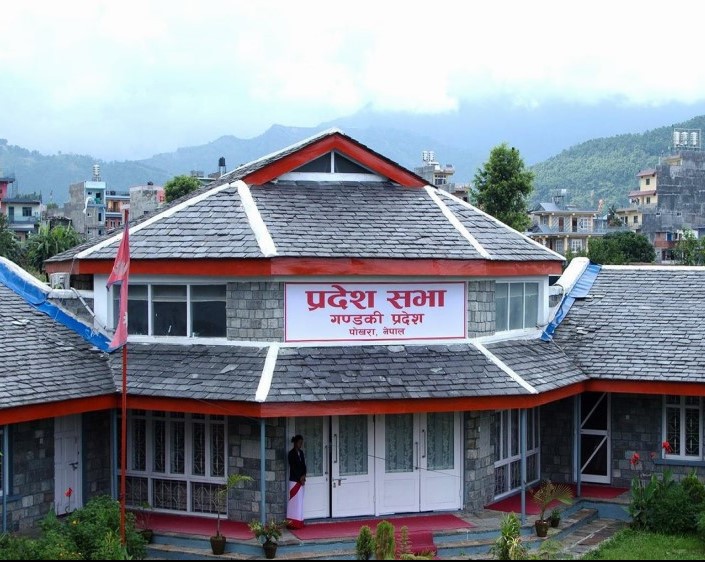POKHARA: The Gandaki Provincial Government has renewed its efforts to grant legal recognition to domestic liquor by introducing the Domestic Liquor Management Bill in the Provincial Assembly.
After failing to pass the bill in the last fiscal year 2023/24, discussions have now resumed in the current fiscal year 2024/25.
During the debate in the Provincial Assembly, lawmakers expressed varied opinions regarding the cultural, economic, and social impacts of homemade liquor. While some saw it as a source of employment and economic growth, others highlighted the need for strict regulations due to health concerns and social issues.
MP Ganeshman Gurung said domestic liquor is deeply embedded in the lives of indigenous communities.
“It should not be seen merely as an intoxicant but as a part of our cultural, religious, and social identity,” he said.
MP Parbati Tamang pointed out that homemade alcohol is essential for Buddhist rituals, while MP Rekha Gurung argued that legalizing its production would promote rural women’s economic security and entrepreneurship.
MP Resham Bahadur Jugjali stressed that proper management is crucial for small-scale liquor producers, while MP Dilmaya Ramdam Pauwi suggested a model where homemade liquor could be collected and sold systematically, similar to dairy production.
However, concerns were also raised regarding health risks and unregulated alcohol consumption. Some lawmakers argued that illegal production and adulteration with toxic substances pose severe health threats, making it essential to enforce quality standards.
Others noted that moderate alcohol consumption has been linked to reduced cases of depression and mental health issues.
A key provision of the bill states that only locally sourced raw materials can be used in production. Some lawmakers supported this idea, saying it could revive barren farmland, while MP Roshan Bahadur Gaha Thapa warned that limited raw materials could hinder commercial production.
The Provincial Assembly has been given 72 hours to submit amendment proposals before the bill moves to a parliamentary committee for clause-wise discussion. If passed, this law could significantly impact local economies, traditional industries, and liquor regulation in Gandaki Province.









Comment